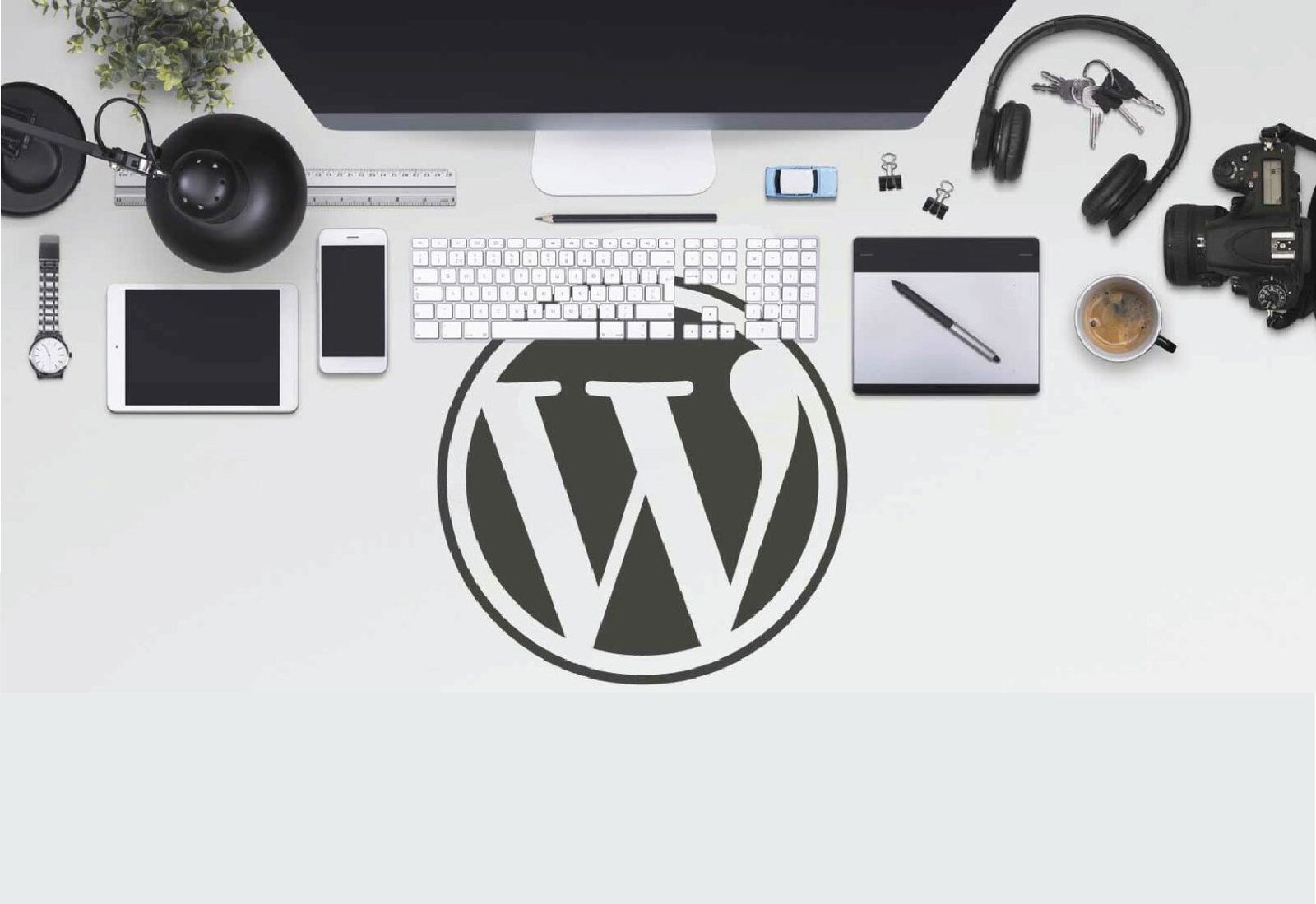WordPress is a powerful platform for building websites, blogs, and online stores. It is flexible, customizable, and user-friendly. However, to get the most out of your WordPress site, you need to optimize it for SEO and user experience. In this article, we’ll explore some critical things to consider when optimizing WordPress.
Choose a Reliable Web Host
Choosing the right web host is critical to the performance and security of your WordPress site. A reliable web host should have:
- A proven track record of uptime and reliability.
- Fast and responsive servers.
- Robust security features, such as SSL certificates, firewalls, and malware scanning.
- Scalability to handle traffic spikes and growth.
- A user-friendly control panel, such as cPanel or Plesk.
Use a Lightweight and Fast WordPress Theme
Your WordPress theme determines the look and feel of your site. However, not all WordPress themes are created equal. Some themes are bloated and slow, which can negatively impact your site’s performance and user experience. When choosing a WordPress theme, look for:
- A lightweight and minimalist design that loads quickly.
- Responsive design that adapts to different screen sizes and devices.
- Compatibility with the latest version of WordPress and popular plugins.
- Regular updates and bug fixes.
- Good documentation and support.

Install Essential Plugins
WordPress plugins are like apps that add functionality to your site. However, installing too many plugins can slow down your site and make it vulnerable to security threats.
When choosing WordPress plugins, look for:
- Essential plugins, such as SEO plugins, security plugins, and caching plugins.
- High-quality plugins from reputable developers.
- Plugins that are compatible with your theme and other plugins.
- Regularly updated and maintained plugins.
- Lightweight and fast plugins that don’t add unnecessary code to your site.
Optimize Your Site for SEO
SEO (Search Engine Optimization) is critical to getting your WordPress site noticed by search engines and users. Here are some essential SEO tips for WordPress:
- Use SEO-friendly URLs that include your target keywords.
- Use descriptive and unique meta titles and descriptions for each page and post.
- Use heading tags (H1, H2, H3) to structure your content and highlight important keywords.
- Optimize your images by compressing them, using alt tags, and naming them appropriately.
- Use internal linking to link to other relevant content on your site.
- Use external linking to link to high-quality, authoritative sources.

Secure Your WordPress Site
WordPress is a popular platform, which makes it a target for hackers and cyber threats. To keep your WordPress site secure, you need to:
- Keep your WordPress core, theme, and plugins up to date with the latest security patches and bug fixes.
- Use strong and unique passwords for your WordPress admin account and FTP/SFTP accounts.
- Limit login attempts and use two-factor authentication to prevent brute-force attacks.
- Install a security plugin that can scan your site for malware and vulnerabilities, block suspicious IP addresses, and enforce strong passwords.
Speed Up Your WordPress Site
Site speed is critical to the user experience and SEO of your WordPress site. Here are some tips to speed up your WordPress site:
- Use a caching plugin to cache your site’s pages and reduce server load.
- Optimize your images by compressing them, using the right file format, and resizing them to the



